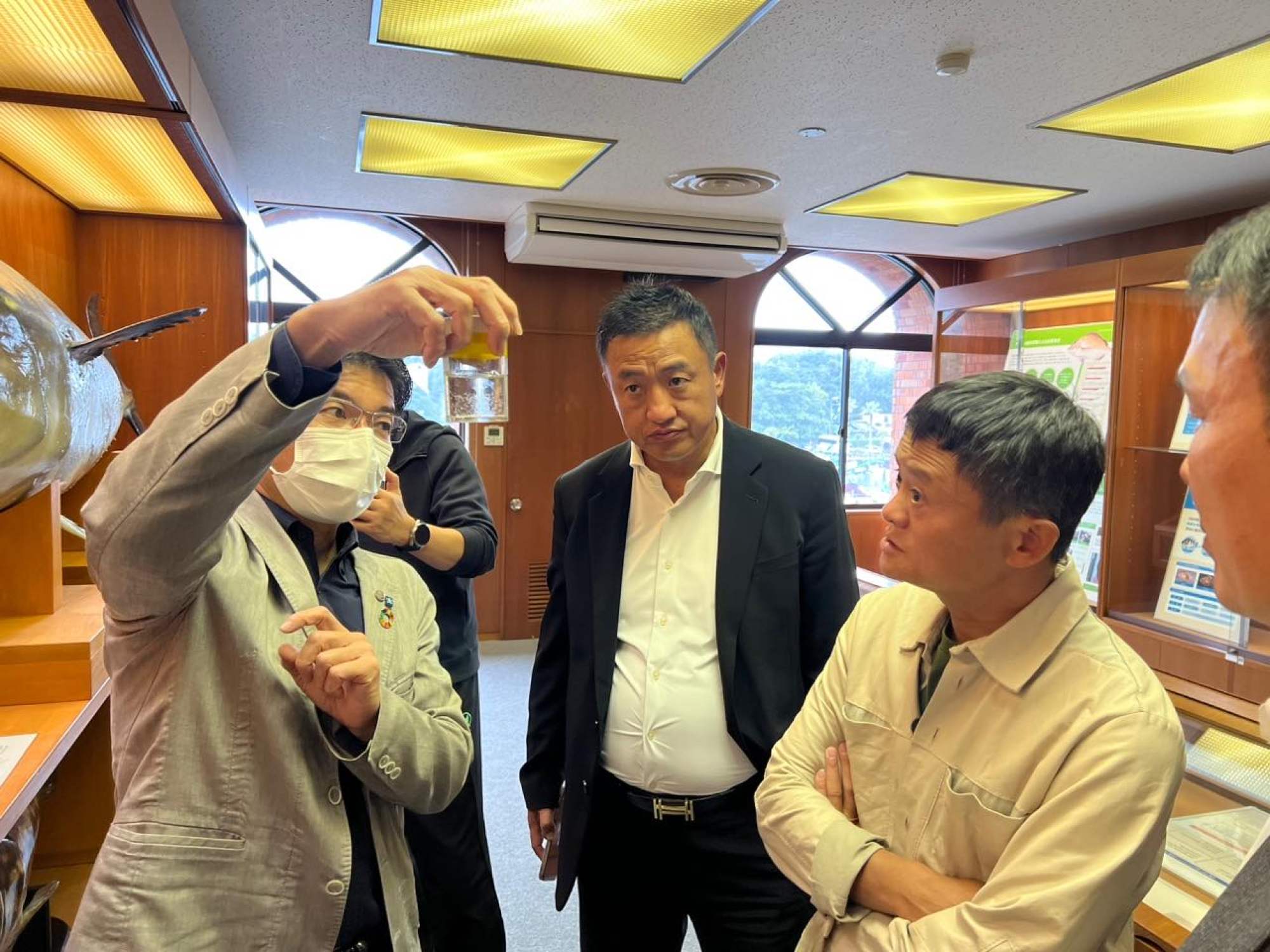Alibaba’s Jack Ma has a new venture selling pre-packaged food amid bets on agriculture since leaving e-commerce giant
Jason Pau – executive director of international programmes at the Jack Ma Foundation, the billionaire’s philanthropic organisation established in 2014 – is listed as the company’s executive director and general manager. Xu Shi, another former executive at Ma’s foundation, is a supervisor for the new company, according to Chinese media reports, citing information from corporate registry data provider Tianyancha.
The Jack Ma Foundation did not immediately respond to a request for comment on Saturday.
Ma’s latest venture was interpreted by some to be a move into offering ready meals, an industry that has been booming in China as investors look to cash in on lifestyle changes during the pandemic. One Chinese media outlet said on Saturday that the company’s references to pre-packaged food do not refer to pre-cooked meals, citing a WeChat post of a former assistant to Ma.
The domestic ready-meals industry is expected to see sales of about 510 billion yuan this year, with the potential to double in the next three years, according to a report by iiMedia Research.

Ma, who stepped down as Alibaba chairman on his 55th birthday in 2019, has turned his attention to agriculture and education in recent years. Alibaba owns the South China Morning Post.
